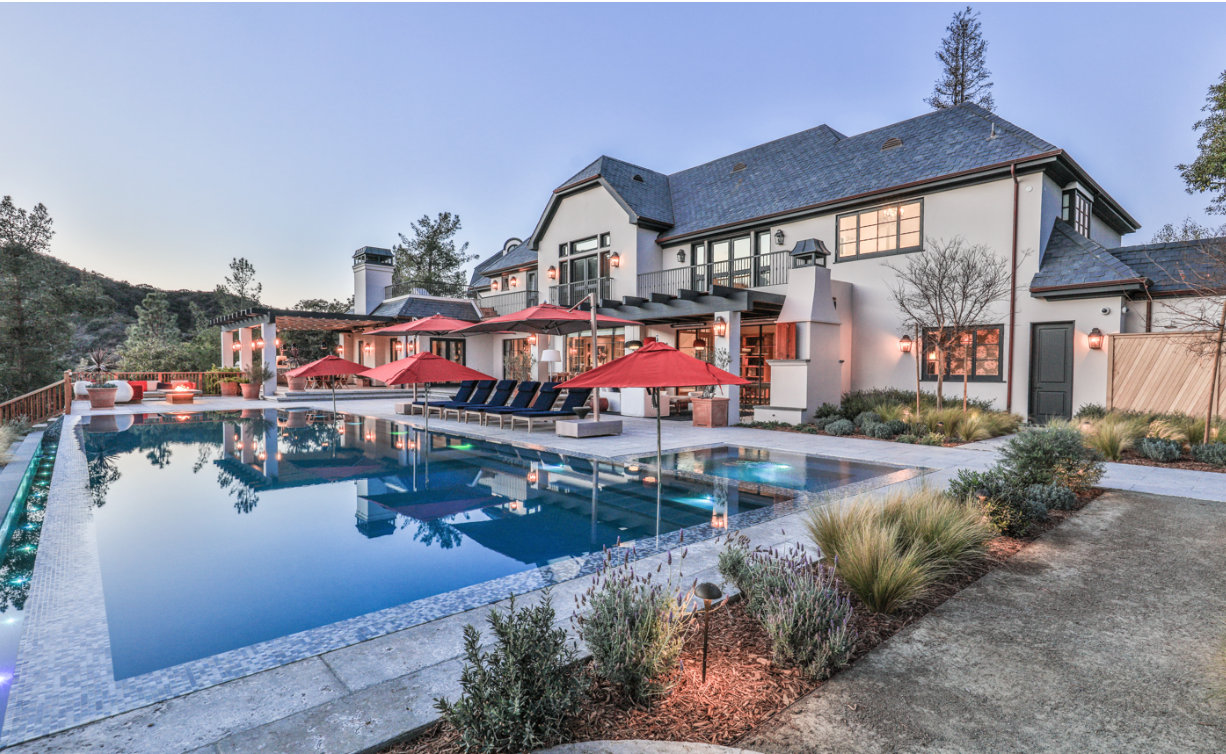How to Make Your Home More Energy Efficient: Practical Tips
https://buymeacoffee.com/kaysogy/how-make-your-home-more-energy-efficient-practical-tips
 Energy efficiency is a growing priority for homeowners, driven by the desire to reduce utility bills, minimize environmental impact, and increase property value. By implementing practical energy-saving measures, you can significantly enhance the efficiency of your home. Here are some effective tips to get you started.
Energy efficiency is a growing priority for homeowners, driven by the desire to reduce utility bills, minimize environmental impact, and increase property value. By implementing practical energy-saving measures, you can significantly enhance the efficiency of your home. Here are some effective tips to get you started.
1. Conduct an Energy Audit: An energy audit is the first step towards improving energy efficiency. A professional auditor will inspect your home to identify areas where energy is being wasted. This process will highlight issues such as poor insulation, outdated appliances, or inefficient heating and cooling systems.
2. Upgrade Insulation: Proper insulation is crucial for maintaining a consistent temperature inside your home. By upgrading insulation in the attic, walls, and floors, you can prevent heat loss in the winter and keep your home cooler in the summer. This reduces the strain on your HVAC system and lowers energy consumption.
3. Seal Leaks and Gaps: Air leaks around windows, doors, and vents can significantly impact your home's energy efficiency. Use weatherstripping and caulking to seal these gaps, preventing drafts and ensuring that your heating and cooling systems work more efficiently.
4. Install Energy-Efficient Windows: Energy-efficient windows can drastically reduce heat transfer, keeping your home warmer in winter and cooler in summer. Look for windows with a low U-factor and low-emissivity (Low-E) coatings to maximize energy savings.
5. Upgrade to Energy-Efficient Appliances: Old appliances can be major energy hogs. When it's time to replace them, choose Energy Star-rated appliances, which meet strict energy efficiency guidelines set by the U.S. Environmental Protection Agency. This includes everything from refrigerators and dishwashers to washing machines and dryers.
6. Use Smart Home Technology: Incorporating smart home technology can help you manage your energy use more effectively. Smart thermostats, for example, learn your schedule and adjust temperatures accordingly, optimizing energy consumption. Smart lighting systems allow you to control lights remotely and set schedules to avoid unnecessary use.
7. Improve Lighting Efficiency: Switching to LED bulbs is one of the easiest ways to enhance your home's energy efficiency. LEDs use up to 90% less energy than traditional incandescent bulbs and last significantly longer. Additionally, consider using natural light during the day to reduce reliance on artificial lighting.
8. Optimize Heating and Cooling Systems: Regular maintenance of your HVAC system is essential for energy efficiency. Replace filters regularly, schedule annual tune-ups, and consider upgrading to a more efficient system if your current one is outdated. Programmable thermostats can also help by automatically adjusting the temperature based on your schedule.
9. Install Solar Panels: Solar panels are a long-term investment that can significantly reduce energy bills and your home's carbon footprint. While the initial cost can be high, government incentives and decreasing installation costs have made solar power more accessible to homeowners.
10. Implement Water-Saving Measures: Energy efficiency isn't just about electricity and heating; water use also plays a role. Install low-flow showerheads, faucets, and toilets to reduce water consumption. Consider a tankless water heater, which heats water on demand rather than maintaining a full hot water tank.
11. Landscape for Energy Efficiency: Strategic landscaping can provide natural insulation for your home. Planting trees and shrubs around your home can create shade in the summer and act as windbreaks in the winter, reducing your reliance on heating and cooling systems.
Conclusion: Improving your home's energy efficiency is a practical and impactful way to reduce your environmental footprint, lower utility bills, and increase property value. By conducting an energy audit, upgrading insulation, sealing leaks, installing energy-efficient windows and appliances, utilizing smart home technology, optimizing your heating and cooling systems, and considering renewable energy sources like solar panels, you can make significant strides toward a more energy-efficient home.
Comments
Post a Comment